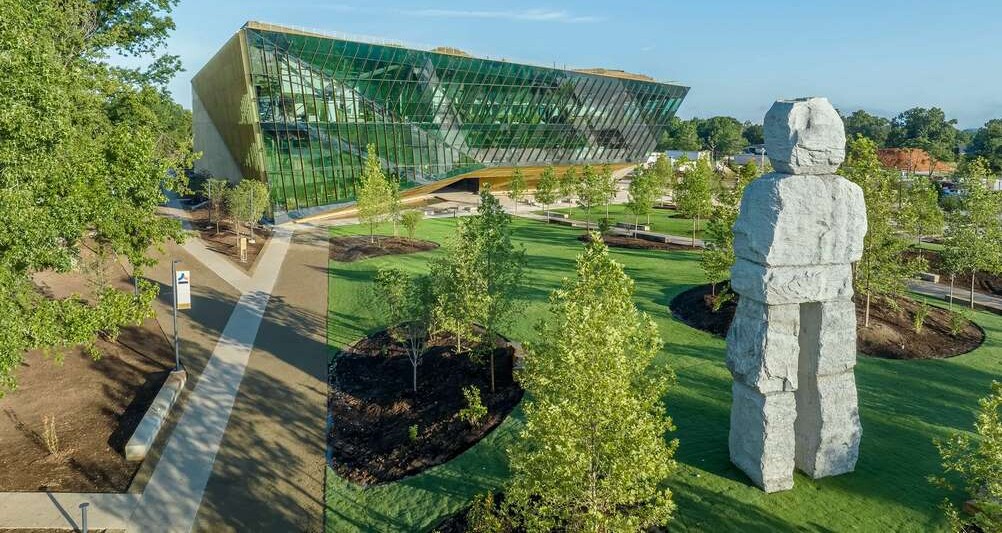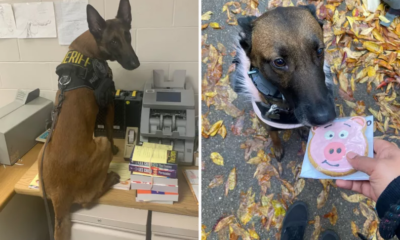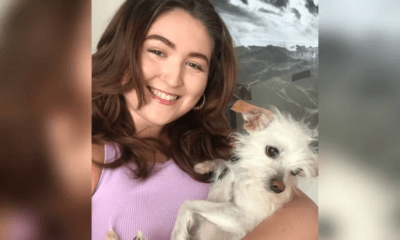Heroes
Alice Walton’s Medical School Revolutionizes Healthcare with Art and Cooking

Quick Smiles:
- Walmart heiress Alice Walton opens a medical school in Arkansas focusing on preventative medicine.
- The curriculum includes unique courses like art, cooking, and gardening to promote holistic health.
- Dr. Sharmila Makhija leads the school, aiming to transform healthcare education.
In the scenic town of Bentonville, Arkansas, a groundbreaking medical school has emerged, setting its sights on revolutionizing the way future doctors approach healthcare. The Alice L. Walton School of Medicine, named after its visionary founder, seeks to shift the focus from treating illnesses to preventing them.
Alice Walton, known as one of the wealthiest women globally and a Walmart heiress, has drawn from her personal experiences with health challenges to create this innovative institution. Her goal is to inspire a new generation of doctors who prioritize whole-health principles and preventative care.
The school received an overwhelming 2,000 applications, but only 48 fortunate individuals were selected to join the inaugural class. These students will not only study traditional medicine but will also engage in courses that may raise eyebrows, such as art, cooking, and horticulture.
These unique classes are designed to foster a mindset of cultivating health rather than merely managing sickness.
Dr. Sharmila Makhija, a gynecologic cancer surgeon from Alabama, has been chosen to lead the school. Her experience in rural healthcare has shaped her understanding of the system’s shortcomings.
“The foundation [of the curriculum] is traditional medicine but enhanced with the humanities and the arts to improve the delivery of care—so we improve on how we [act] with patients and how we partner with patients,” she explained.
In stark contrast to the average American medical school, which offers around 20 hours of nutrition coursework, AWSOM provides 50 hours, including culinary classes.
A rooftop vegetable garden and a nearby learning farm serve as living classrooms, teaching students about the origins of the food that will nourish their future patients.
The school’s curriculum also emphasizes community service and research projects, encouraging students to address healthcare issues in their areas.
A prospective student’s plan to tackle local healthcare shortcomings was a key factor in their acceptance.
Both Walton and Dr. Makhija understand that the success of their graduates hinges on the integration of these novel approaches into the existing healthcare system.
For this reason, AWSOM is actively working to establish clinical partnerships eager to adopt the school’s innovative strategies.
“It’s all about rethinking and re-envisioning what the education of the next generation of health care workers will be like,” Dr. Makhija stated.
“Alice and I are very keen on creating a sustainable model of education, both in how we deliver the curriculum that can be replicated, as well as fiscally, so that other schools can use a similar model.”
Thanks to Walton’s substantial financial backing, the first five years of enrollments are fully funded.
This ensures that the school can focus on its mission to redefine medical education and, ultimately, healthcare itself.

-

 Cute Animals2 years ago
Cute Animals2 years agoPuppy Love Patrol: Service Dog Swoons Over K9 Officer Neighbor
-

 Cute Animals2 years ago
Cute Animals2 years agoHugs, Hooves, and Happiness: Newborn Donkey Steals Hearts by Demanding Affection [Video]
-

 Cute Animals2 years ago
Cute Animals2 years agoWATCH: A German Shepherd’s Surprising Parenting Instinct for Lost Ducklings!
-

 Cute Animals3 years ago
Cute Animals3 years agoPetty Pup Pulls Off Hilarious Bone Heist [Video]
-

 Heroes2 years ago
Heroes2 years agoA Lost Dog’s Bark Leads to a Lifesaving Discovery
-

 Cute Animals2 years ago
Cute Animals2 years ago“Pure Love”: Adopted Rescue Dog Can’t Hide How Grateful He Is [Video]
-

 Cute Animals2 years ago
Cute Animals2 years agoTiny but Mighty: Cat with Dwarfism Becomes Internet Star as Owners Adapt Backyard for Her Comfort
-

 Cute Animals2 years ago
Cute Animals2 years agoAdorable Puppy Steals Hearts After a Tiring Swim [Video]